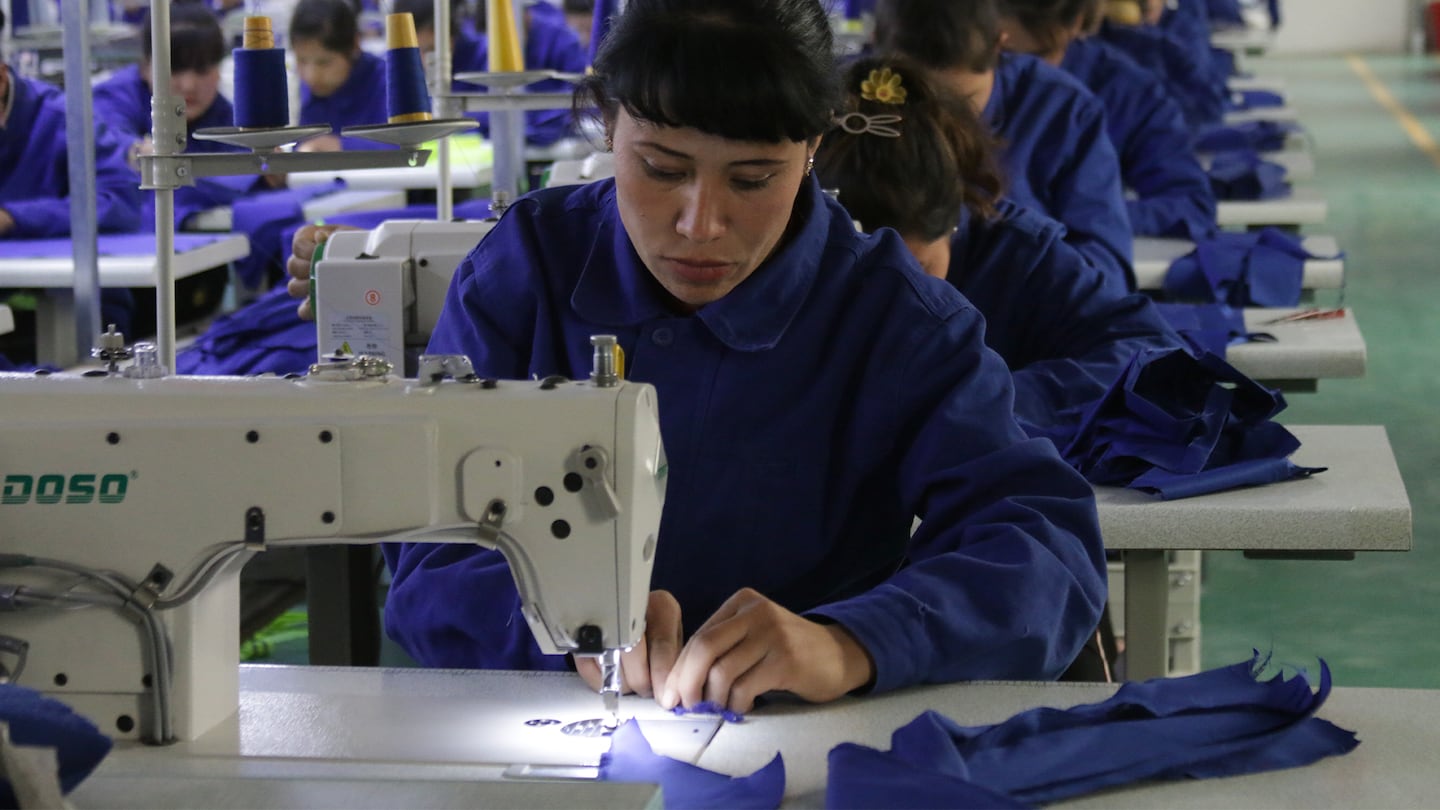
The Business of Fashion
Agenda-setting intelligence, analysis and advice for the global fashion community.

Agenda-setting intelligence, analysis and advice for the global fashion community.

China committed “serious human rights abuses” against ethnic Muslims in the Xinjiang region and may be guilty of crimes against humanity, the top United Nations rights official said in a report that the government in Beijing had tried to block.
The report from UN High Commissioner for Human Rights Michelle Bachelet cited testimony alleging “patterns of torture or other forms of cruel, inhuman or degrading treatment or punishment” as part of a campaign that China said is aimed at clamping down on extremism and terrorism. It said holy places such as the Imam Asim Shrine in southern Xinjiang had been demolished.
Detentions of Uighurs and other Muslim groups, along with a broader campaign of restrictions and rights violations “may constitute international crimes, in particular crimes against humanity,” Bachelet said.
“The report gives credence to the widespread deprivation of liberty in re-education centres, the torture and sexual violence found there, the likelihood of forced labour, the assault on religious and cultural rights,” said William Nee, research and advocacy coordinator at Chinese Human Rights Defenders.
ADVERTISEMENT
The US and other nations have labeled China’s treatment of the Uighurs “genocide,” though that word did not appear in the Bachelet report.
In its response, included with the report’s publication, China said the assessment ignores rights achievements made by the Chinese government, goes against the mandate of Bachelet’s office and “wantonly smears and slanders China.”
“The Chinese government, pursuing a people-centred approach, upholds that living a happy life is the primary human right and has embarked on a human rights development path which conforms to the trend of the times,” the government said.
Bachelet, a former president of Chile, became the first UN human rights chief since 2005 to visit China, in a trip that rights groups criticised because they said China wouldn’t let her take an accurate measure of the government’s rights record in Xinjiang. She later acknowledged she’d faced “limitations” and hadn’t been able to meet detained Uighurs.
Her report comes less than a month after a UN slavery expert found claims of forced labour in Xinjiang to be “reasonable.” Wednesday’s report urged China to grant UN agencies and officials “unrestricted” visits to Xinjiang.
The UN document said the Chinese government should promptly release “all individuals arbitrarily deprived of their liberty” in Xinjiang, and to “urgently” put families in contact with those caught up in the region’s system of internment camps and prisons. It also recommended that the global business community, amid allegations of forced labour, take “all possible measures” to protect workers in the region.
China regularly denies all such allegations, dismissing them as efforts to smear the country and delay its economic rise. China’s Foreign Ministry spokesman Zhao Lijian told reporters at a press briefing on Wednesday before the report came out that China “rejects” its publication.”
In an interview with German broadcaster DW News earlier this week, Bachelet dismissed criticism that her long-awaited report had been delayed. “I want outcomes,” she said. “Because just to speak out and have no change, for me is not enough.”
ADVERTISEMENT
Bachelet’s assessment is consistent with findings from several western governments. In one of its final acts in office, the Trump administration designated China’s crackdown on Uighurs and other minorities in the Xinjiang region as genocide. The Biden administration later affirmed that finding.
Learn more:
Is Forced Uighur Labour in Your Supply Chain?
Fashion brands need to urgently clean up their supply chains as the US and Europe move to legislate against the alleged use of forced Uighur labour in China. Yet some players are still burying their heads in the sand.
With consumers tightening their belts in China, the battle between global fast fashion brands and local high street giants has intensified.
Investors are bracing for a steep slowdown in luxury sales when luxury companies report their first quarter results, reflecting lacklustre Chinese demand.
The French beauty giant’s two latest deals are part of a wider M&A push by global players to capture a larger slice of the China market, targeting buzzy high-end brands that offer products with distinctive Chinese elements.
Post-Covid spend by US tourists in Europe has surged past 2019 levels. Chinese travellers, by contrast, have largely favoured domestic and regional destinations like Hong Kong, Singapore and Japan.